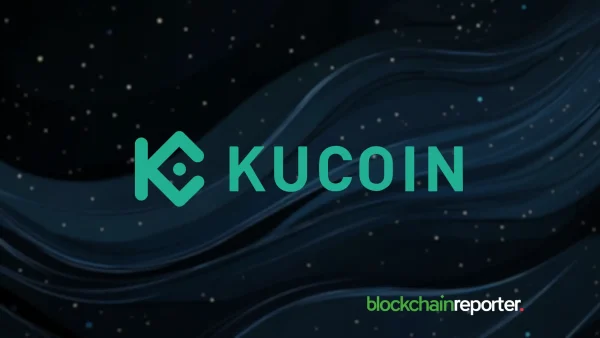
While the Central Bank Digital Currency (CBDC) market has continued to expand and become competitive following several banks across the globe’s race to launch one, firms such as Swift, have been working on the efficiency of the new digital currency asset.
Headquartered in Belgium, Swift is a globally owned cooperative that offers financial messaging services as well as products and services used to facilitate access, integration, identification, analysis, and regulatory compliance.
Swift’s Experimental CBDC Connector
In an announcement published earlier today, Swift disclosed its progress so far on its experiment on its latest product – a solution for interlinking CBDCs – aimed at the interoperability of digital currencies.
According to Swift, nearly 5,000 transactions have been simulated between two distinct blockchain networks and with existing fiat-based payment systems in collaborative Sandbox testing.
Several central and commercial banks have expressed “strong support” for the continuous development of the product following the result of the previous testing, according to Swift.
The company noted, “18 central and commercial banks found clear potential and value in the API-based CBDC connector after a comprehensive review.”
Introducing Interoperability-Supported CBDC
Notably, just as Swift takes interoperability as its key strategic focus, so does the aim of the product. “Interoperability is key to realizing the potential of CBDCs to deliver real-time cross-border payments,” said Lewis Sun, Global Head of Domestic and Emerging Payments, Global Payments Solutions at HSBC.
Lewis added, “While interest in CBDCs is growing, so is the risk of fragmentation as a widening range of technologies and standards is being experimented with.”
Until now, interoperability has been a key challenge the financial industry including the crypto sector has been facing over the years.
Swift said that it had “developed a solution to enable CBDCs to move between DLT-based and fiat-based systems using the existing financial infrastructure.”
“The sandbox testing was set up so that central and commercial banks could experiment with the solution to validate its effectiveness and share insight to guide its development,” Swift added.
According to Stefano Favale, Executive Director at Intesa Sanpaolo, “When it comes to CBDCs, interoperability becomes a key enabler to avoiding liquidity traps and creating a network effect.” Furthermore, Swift mentioned it will develop a beta version of the solution for payments that can be tested further by central banks.
Additionally, the company will further push for a second phase of testing with Sandbox so as to enable the Swift community to collaborate further with a focus on new use cases, including in securities settlement (such as a cross-asset exchange), trade finance, and conditional payments.
Participants included in the Sandbox collaboration include Banque de France, the Deutsche Bundesbank, the Monetary Authority of Singapore, BNP Paribas, HSBC, Intesa Sanpaolo, NatWest, Royal Bank of Canada, SMBC, Société Générale, Standard Chartered, and UBS.







